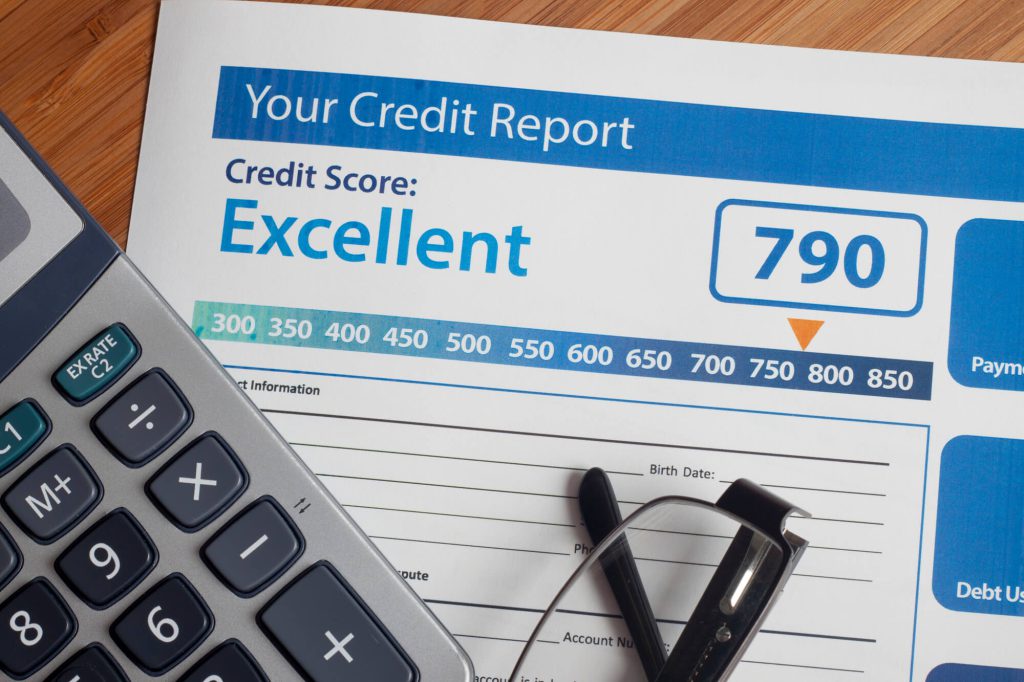Your credit score has a huge impact on your financial well-being. Whether you’re planning to take out a loan or looking to build your credit and improve your score, understanding the relationship between your score and interest rates is key to your financial success. This article will discuss how your credit score impacts interest rate to provide help with credit card debt and when you can expect to see that impact.
Understanding How Your Credit Score Influences Interest Rates
Your credit score measures your financial health and significantly determines your interest rate on various products with credit card companies. You may be surprised to learn that your credit score could impact your interest rate on a credit card by as much as several percentage points.
The better your score, the better the interest rate you can get. But what exactly is a good credit score, and how does it impact your interest rate?
Credit Score and Interest Rates
Your credit score measures your creditworthiness. The lender can better assess your ability to repay a loan with your credit score. It gives an idea of how well you manage credit – whether you pay on time or how you are handling your finances.
High credit scores are typically associated with lower interest rates. Low credit scores are typically associated with higher interest rates. Credit scores above 800 are considered excellent, while those below 659 may require the payment of higher interest rates.
Credit Score and Credit Card Rates
Your annual percentage rate (APR) is also directly linked to your creditworthiness. The higher your credit score, the lower your APR will be, and vice versa. The APR is only one factor that lenders use to determine your interest rate, but it is crucial in determining how much you will pay per month.
Even if you haven’t missed payments on your credit card, higher rates may be due to your high credit risk. If you haven’t missed a credit card payment in the last six months, you could expect a low APR and if you don’t have one, don’t be afraid to ask your creditor for it.
Credit Score and Loan Rates
Your credit score can also impact your loan rates. However, it is not measured through exact numbers but ranges. A higher credit score could qualify you for a more desirable loan rate and pay less. The lower the credit score, you can expect a less desirable loan rate and pay more. It is also important to note that your rate will depend on other factors, like credit reports, level of debt, income, and savings.
A loan savings calculator will help you calculate how much you need to pay monthly for mortgages and car loans based on your credit score. It also gives you an estimated APR with specific repayment periods for various credit score ranges.
How to Improve Your Credit Score
You can work to improve your credit score and start getting lower interest rates by understanding the factors that affect it. Here’s the breakdown of what 100% of your credit score is composed of:
Payment History: Comprising 35% of your credit score, this is based on your ability to make payments on time or not.
Amounts Owed: Making up 30%, it shows the outstanding debt you have.
Length of Credit History: With 15% of your credit score, this shows how long you have been borrowing and repaying the money.
Credit Mix: Making up 10%, this shows how many credit accounts you have and how you used them.
New Credit: This is measured by how many new credit accounts you’ve opened up within 12 months. It comprises 10% of your credit score.
Improve your score by making sure your credit report is clean, paying your bill on time, increasing your credit limit, and lowering your debt levels. It will also help you get a higher score if you use only one credit card, and focus on paying off the balances on all your debts.

Need Help With Credit Card Debt?
We know that all this can be confusing, and at DebtHelper, we offer services to assist you to navigate credit and counseling for help with credit card debt. Don’t hesitate to call us today to learn more.






